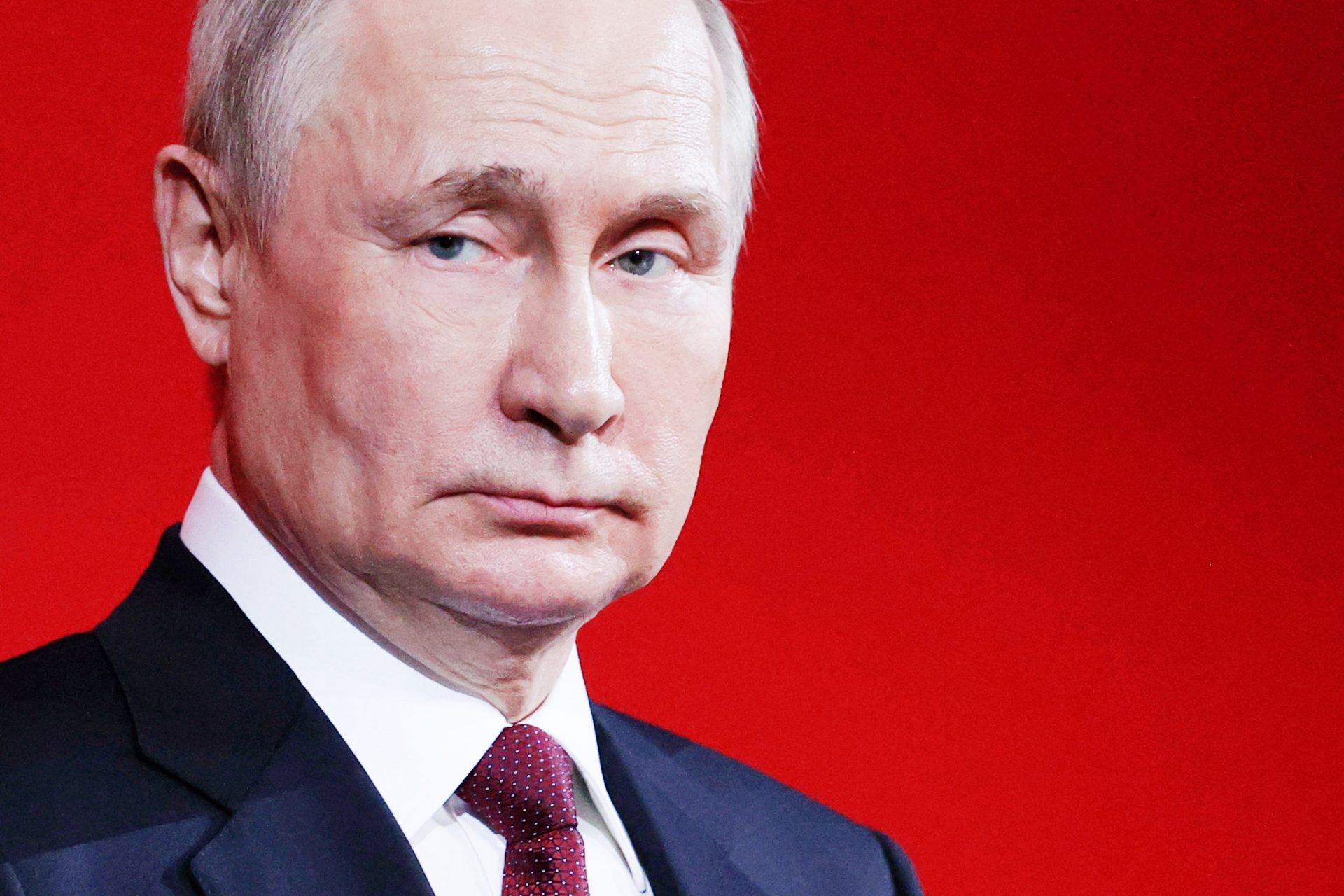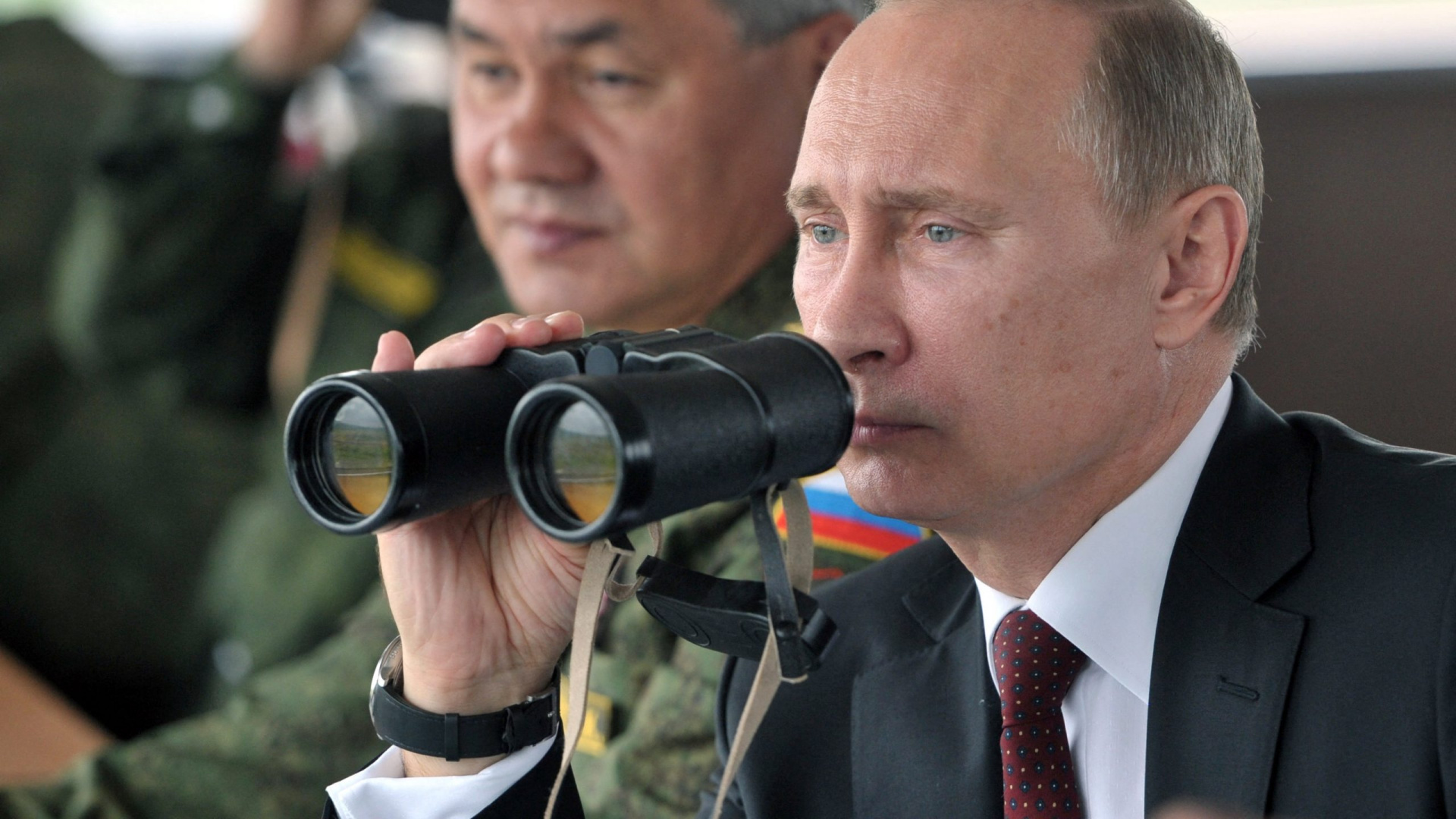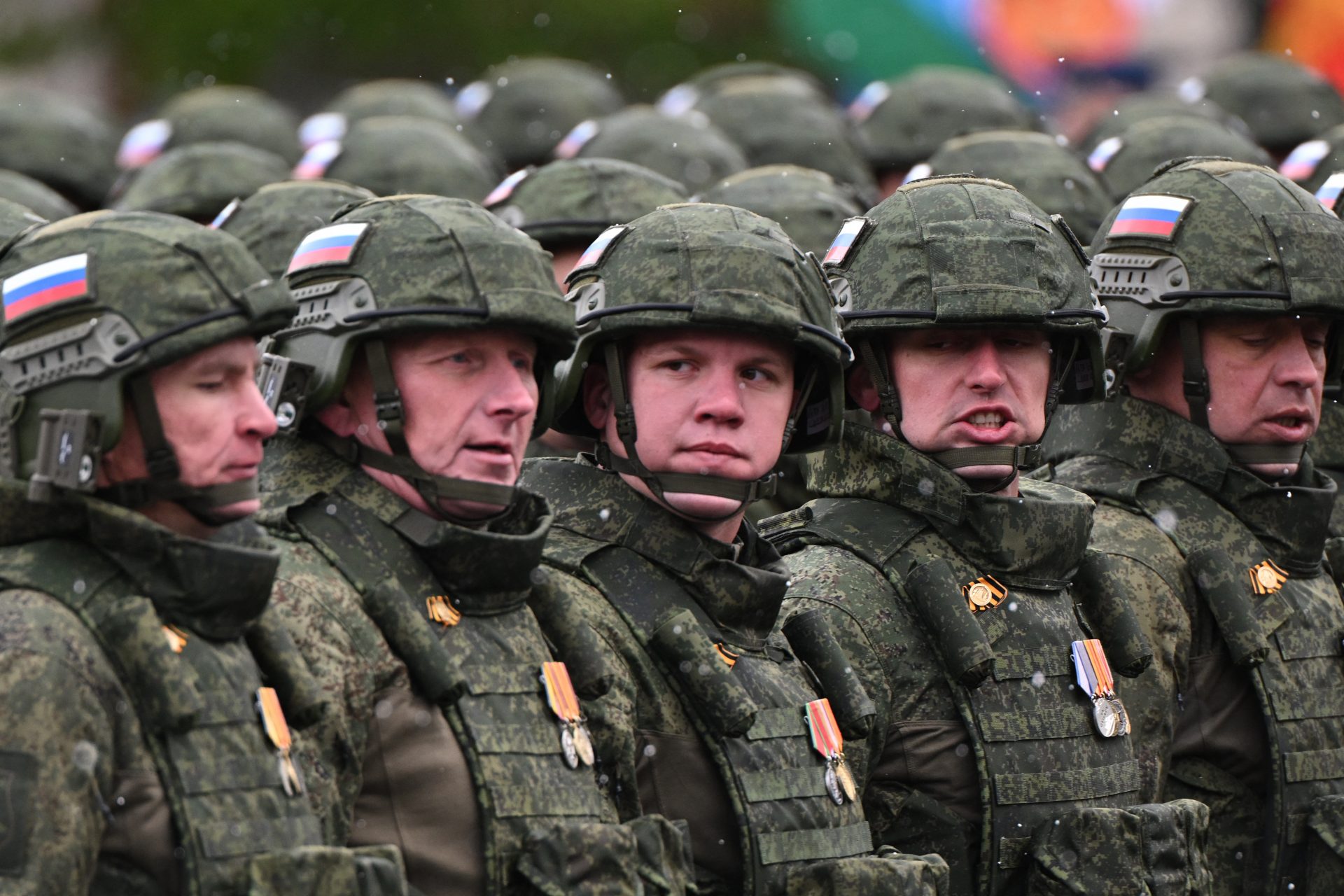How Britain is waging war against protesters
Under pressure to tackle what the media calls a “winter of discontent,” British Prime Minister Rishi Sunak has promised tough new laws aimed at limiting the right to protest.
“The right to protest is a fundamental principle of our democracy, but this is not absolute. A balance must be struck between the rights of individuals and the rights of the hard-working majority to go about their day-to-day business,” said Sunak.
Through an amendment tabled to the Public Order Bill, the government wants to broaden the legal definition of ‘serious disruption’, giving police “greater flexibility” over when to intervene to stop protesters, says the government’s official website.
The changes introduced also mean that “police will not need to wait for disruption to take place and can shut protests down before chaos erupts”, reads the official website.
The government claims that protests by environmental groups, workers strikes or Black Lives Matter, have been "a drain on public funds" or resulted in assaults on police officers.
However, even though the government claims to aim the new measures at disruptive or dangerous protests, peaceful protests have also been restricted.
Point in case, a number of people were arrested for staging protests at official events that marked the death of Queen Elizabeth II and the proclamation of her successor, King Charles III on September 2022.
The woman pictured was arrested in Edinburgh after she was seen holding a sign that said "abolish the monarchy" during a proclamation ceremony for the new King. She was charged with a “breach of the peace” offense.
“Breach of the peace” is when a person's behavior has caused, or may cause, harm to another person or their property. Police have the power to arrest and detain anyone who is committing, or who they believe may be about to commit, this offense.
Besides the “breach of the peace”, there are two statutes that provide specific offenses that allow police to arrest protestors.
Section 5 of the Public Order Act (1986) states that a person is guilty of a public order offense if “they use threatening or abusive words or behavior or disorderly behavior, or display any writing, sign or other visible representation which is threatening or abusive.”
The other statute that amended in 2022 is the Police, Crime, Sentencing and Courts Act, which allows police to arrest protestors for “public nuisance”, a very broad term.
Such was the case of Symon Hill, who was arrested on suspicion of a public order offense after shouting "who elected him?" during a proclamation ceremony in Oxford.
Hill claimed that police arrested him under the Police, Crime, Sentencing and Courts Act. However, Thames Valley Police said he was arrested under Section 5 of the Public Order Act.
Recalling the incident in a blog post, Hill reported that police had given him "confused answers" when he asked what grounds they were arresting him on, and that they “de-arrested” him later that day.
Parliament's Joint Committee on Human Rights accused the government then of trying to create "new powers in areas where the police already have access to powers and offences which are perfectly adequate".
The rights to freedom of expression and freedom of assembly are set out in the European Convention on Human Rights, which was incorporated into British law in 1998 in the Human Rights Act.
Even though Sunak’s measures haven’t been enacted into law, human rights activists have expressed concern about the government’s position in the matter and the way people are constantly policed for exercising their rights.
More for you
Top Stories































